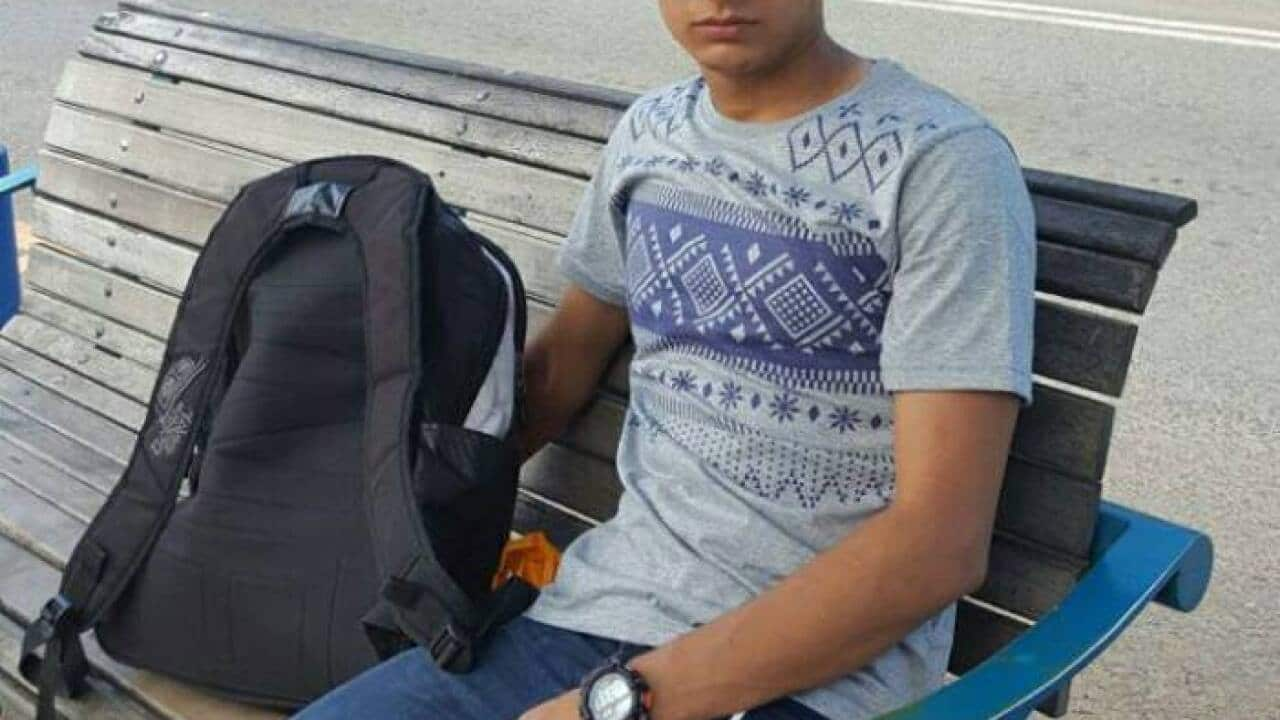During his three years in detention on Manus Island, Loghman Sawari’s lawyer said his client was beaten, denied medical attention and when recognised as a refugee by PNG, moved to the mainland but was left destitute and living on the street.
Lawyer Aman Ravindra-Singh said Mr Sawari's disillusionment with the controversial Australian-US refugee resettlement deal in part influenced his flight from PNG to Fiji.
The Ahwazi Arab was 17 when he was sent by Australian authorities to Manus Island, despite it being designated as an adult detention centre.
“We will absolutely be supporting him. We stand ready to assist this individual because that’s our job,” said the director of Fiji’s Human Rights and Anti-Discrimination Commission Ashwin Raj.
Mr Sawari flew from Port Moresby to Nadi, reportedly under an assumed name using a PNG passport, but did not immediately apply for asylum.
Fiji is a signatory to the UN Refugee Convention.
“The trauma this individual is going through, is he psychologically stable enough to file an application and do an interview, is the lawyer fully aware of the processes and what needs to happen and other emerging human rights issues,” he said.
“We will absolutely be supporting him. We stand ready to assist this individual because that’s our job."
“Each case has it’s own merits and demerits. His interests and his welfare is paramount at all times
“We shouldn’t think about that this particular case is going to set a precedent in terms of an influx (in) refugees, but those are invariably the questions that people will ask,” adding there are “no concerns” about a sudden rise in refugee numbers.
“We need to think about the obligations that Fiji has under international law and how do you fulfil those obligations.”
Mr Sawari’s lawyer said an application for asylum will shortly be lodged.
“We are in consultation with the office of the director of immigration and we will be putting in the application in the next few days,” said his lawyer Aman Ravindra-Singh.
“He left PNG because of the appalling conditions he was faced with, including being persecuted by people up there.
“He had hoped to settle in America and now says, 'Forget about it. Not at all'.
“Obviously he knows about President Trump’s actions and his stand against people of certain countries, Islamic countries.”
Fiji’s Director of Immigration, Nemani Vuniwaqa, told the Fiji Times he was waiting for Mr Sawari to present himself for processing.
"It is a security issue and we are concerned that he was able to purchase an air ticket and travel to Fiji," he said.
"We will have to verify some of the concerns that we have and information in regards to this Iranian national.
"I am finalising a report to the Prime Minister's Office regarding the issue.”
Sawari’s lawyer said his client is in “good spirits” and is “happy to get away from his past condition”.
“His journey is not just for himself, but those on Manus and those kept in captivity and this also to highlights the Australian government’s failed asylum program,” said Mr Ravindran-Singh.
“People are suffering there, people are having mental breakdowns, people are attempting suicide, the list goes on.
“This is a complete failure on the Australian government part and this has been documented in reports, including in UN reports, and the Supreme Court of PNG has ruled this place (Manus Island regional processing centre) is illegal and be shut down.
“It’s really embarrassing for the Australian government with their partner PNG.”
The case has been headline news in the Fiji national media but Mr Raj has rejected calls by some Fiji politicians for Mr Sawari to be arrested.
“Under article 31 and 32 of the UN Refugee Convention (it) must be balanced against the national interest,” he said.
“Fiji has legal and moral obligations in relation to international human rights norms and conventions and Article 31 of the 1951 convention on refugees unlawfully in the country of refuge.”
Article 31 states, “the Contracting States shall not impose penalties, on account of their illegal entry or presence, on refugees who, coming directly from a territory where their life or freedom was threatened in the sense of article 1, enter or are present in their territory without authorization, provided they present themselves without delay to the authorities and show good cause for their illegal entry or presence”.












